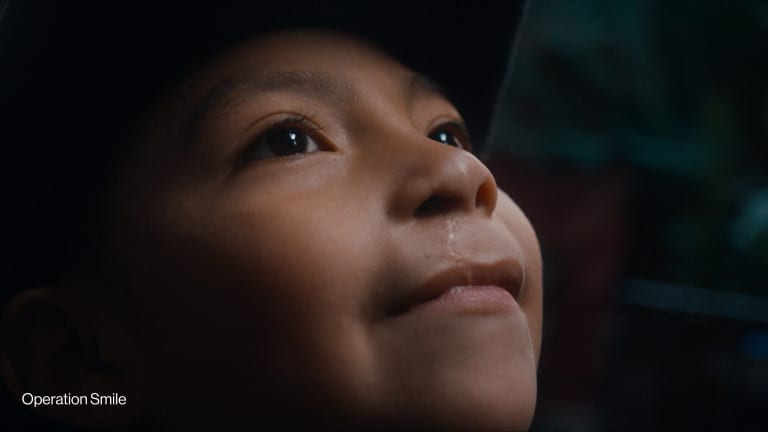
Medecins Sans Frontieres is currently reviewing its entire operations across the conflict-ridden Central African Republic following the death of three of its staff members in an attack on one of its health facilities over the weekend.
According to the organization, armed rebels stormed the clearly marked MSF-run hospital on Saturday, looting supplies and opening fire on everyone present, including a group of community leaders the organization invited to discuss health care and access. Thirteen other civilians also perished in the attack.
Following the tragedy, MSF has decided to suspend its activities in Boguila, where the NGO runs the only medical facility providing primary and secondary health care for an estimated 45,000 people.
"This appalling incident has forced us to withdraw key staff and suspend activities in Boguila. While we remain committed to providing humanitarian assistance to the community, we also have to take into account the safety of our staff," MSF Head of Mission in CAR Stefano Argenziano said in a statement.
Tarak Bach Baouab, MSF humanitarian adviser based in Amsterdam, told Devex that all international and "de-localized" staff (aid workers coming from other parts of the country and deployed in an area where there's a lack of well-trained local employees) has been pulled out of Boguila, but some workers have stayed to continue offering basic operations like treatment against HIV, tuberculosis and above all malaria, the deadliest disease in the CAR — especially during the rainy season.
Read: CAR 'can't wait anymore' — WFP
Baouab said: “A hospital should not be a killing ground; it's meant to offer medical assistance to people that don’t have any other ways to access it. It's not meant to be a place where people come for getting their children vaccinated for example and where they run the risk of getting killed.”
Given that MSF is the only iNGO present in Boguila, the suspension will severely impact tens of thousands of people who rely on its activities, and the situation could become even more dire if the organization decides to not return — or even worse — not operate at all in areas where the security of its staff cannot be guaranteed.
This is precisely what happened just a few months ago when MSF pulled out of Somalia after 22 years.
"We have to reflect on what happened, and to see the ins and outs of that incident to be able to make a sound decision on our ability to access populations in a way that doesn't damage our teams and doesn't put them at that risk level that would not be acceptable for our organization and the people that we deploy," Baouab said, noting that except for Boguila, all MSF projects are still running at present — but the organization is increasingly worried with the insecurity.
“Many times there's a joke going around in the CAR that MSF in many ways is the Ministry of Health,” he explained.
The hospital in Boguila is a comprehensive project, and many people from other towns come all the way there to receive various medical services such as antenatal care for women or HIV and TB drugs, so indeed suspending work there will prevent the population from accessing any type of basic health care, but Baouab says “looking at the severity of the incident, we felt we didn't have a choice but to suspend and try to see how we could eventually restart work there if we do.”
He adds: “MSF has faced very serious security incidents in CAR for many years, however, [with] the incident on Saturday … we could not just continue like business as usual.”
Since the present conflict erupted in March 2013, many humanitarian actors have left the country, or put some operations on hold. Only but a few aid organizations remain in CAR, and those that do face various challenges, from securing sufficient funding to logistics.
Read more development aid news online, and subscribe to The Development Newswire to receive top international development headlines from the world’s leading donors, news sources and opinion leaders — emailed to you FREE every business day.
See more:
EU saves the day on CAR funding
A race against time in the CAR
An all too familiar picture in the CAR
MSF blasts UN for CAR response








